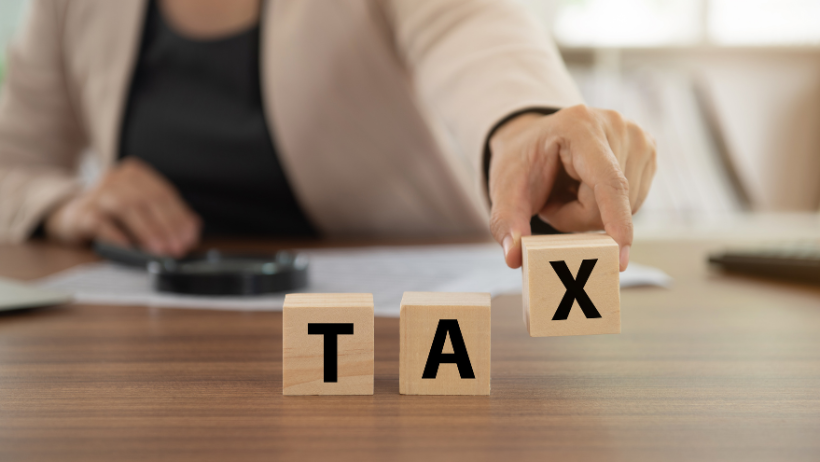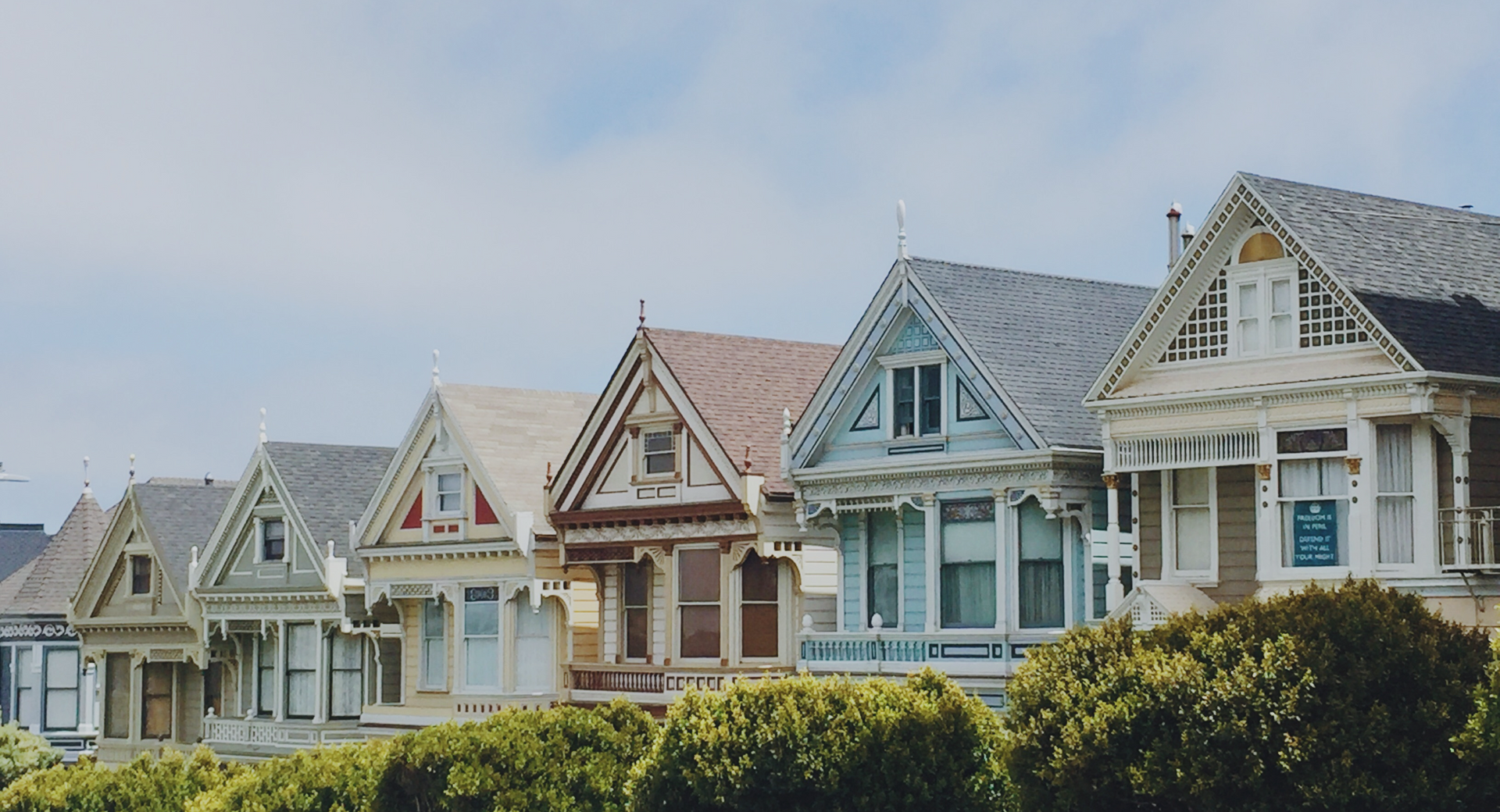GST on Home Offices and Farmhouses
A hot topic of conversation amongst tax advisors, CAANZ, and the IRD lately has been the IRD’s release of Interpretation Statement 20/05 GST – Supplies of Residences and other Real Property (‘IS 20/05’).
The IRD’s position in the Interpretation Statement means that GST registered land owners, who have used their homes for home-based offices, will likely have to pay GST on the sale of that home.
What does this mean?
In summary, where a person’s home has been used in the person’s taxable activity, the sale of that home may be subject to GST. For example, a GST registered sole trader that uses their private home as an office, or a GST registered farmer who has (legitimately) claimed 20% of the farmhouse for business use.
The rule applies irrespective of how minor the taxable use is.
How did we get here?
In short, the Interpretation Statement takes a wander through time, through the various amendments to the GST Act, and finds a technical discrepancy with the removal of the “principal purpose” test. This means that if a Principal Place of Residence has been used in a taxable activity by a GST registered owner, any sale of that residence is likely to have GST on it
Can the home be zero-rated?
Section 5(15) of the GST Act means that the supply of a dwelling is generally treated separately from the supply of the rest of the land. As a supply of a dwelling, it is unlikely to be zero-rated under the compulsory zero-rating rules. Also, as a supply on its own, it is unlikely to be meet the requirements of a going concern.
Can we apportion the sale price between taxable and non-taxable use?
In short, no! The rule applies irrespective of how minor the taxable use is. The entire sale is subject to GST. Although a taxpayer may have only claimed 20% of the expenses, as the house has been used in a taxable activity, the IRD’s position is that GST is payable on the full house, not just 20%.
What if the taxpayer has only claimed the costs of running the home?
Unfortunately it is irrelevant whether the taxpayer has claimed merely the expenses of running the house/home office, as opposed to the actual cost of the house/home office. It is a question of use, not what expenses have been claimed.
Can you claim GST on the original cost of the home?
An input tax adjustment may be available under s 21 F, but as there is a cap on this claim (i.e. up to 15% of the cost of the home), this may be of little benefit. If there has been an associated party transaction in the meantime, this may be of no benefit.
For example:
- A farmer has claimed 20% of the costs of running the farmhouse (electricity, insurance, etc). 20% is recognised as a legitimate portion e.g. home office costs, cooking for farmworkers, etc.
- The farmer has not claimed any of the costs of buying or building the house, or a portion of the curtilage.
- Upon sale of the farm, the farmland is zero-rated under the compulsory zero-rating rules.
- The farmhouse, and curtilage, are not zero-rated, as they are deemed a separate supply under s 5(15).
- Adopting the position in IS 20/05, the supply of the farmhouse and curtilage are now subject to GST. The IRD is expecting to see the sale price appropriately allocated between the farmland and the farmhouse and curtilage, using a registered valuation if necessary.
- If the value allocated to the farmhouse and curtilage is $1m, the farmer now has GST to pay of approximately $130,000.
- The farmer may get an input tax deduction for the cost of the house and curtilage. If the farmer has owned the property for 20 odd years, that claim is likely to be of little benefit.
- All the farmer did was follow the IRD’s earlier interpretation statements that allowed them to claim a 20% deduction on the costs of running the farmhouse.
Discussions with the IRD – where are they at?
The IRD is expecting a Bill to be introduced to Parliament in September 2021 which should remove the cap on input tax deductions. If this allows a taxpayer to claim GST on the market value of the farmhouse, this should go some way to mitigate the unfairness of a one-sided tax grab. But the IRD recognises this still does not solve the problem.
The IRD have stated they are “not dedicating resources to police this”. But in the meantime, their current interpretation of the law stands. If you have a transaction, the IRD has suggested applying for a Short Process Ruling.
Our thoughts:
Whilst the IRD has finalised its position in IS 20/05, there are a several areas where we don’t necessarily agree. Some key issue and questions have arisen:
- Who pays the GST? Is the contract “plus GST if any” or “inclusive of GST, if any”?
- What about matrimonial settlements? If you don’t factor in the GST, does the party purchasing the home inherit a latent GST liability?
- What if the office is in a separate building?
- Do you claim a home office expense for clients going forward?
If you have any questions relating to the above, please give us a call.
*This publication contains generic information only. NZ Tax Desk Ltd is not responsible for any loss sustained by anyone relying on the contents of this publication. We recommend you obtain specific taxation advice for your circumstances.
The post GST on Home Offices and Farmhouses appeared first on .














